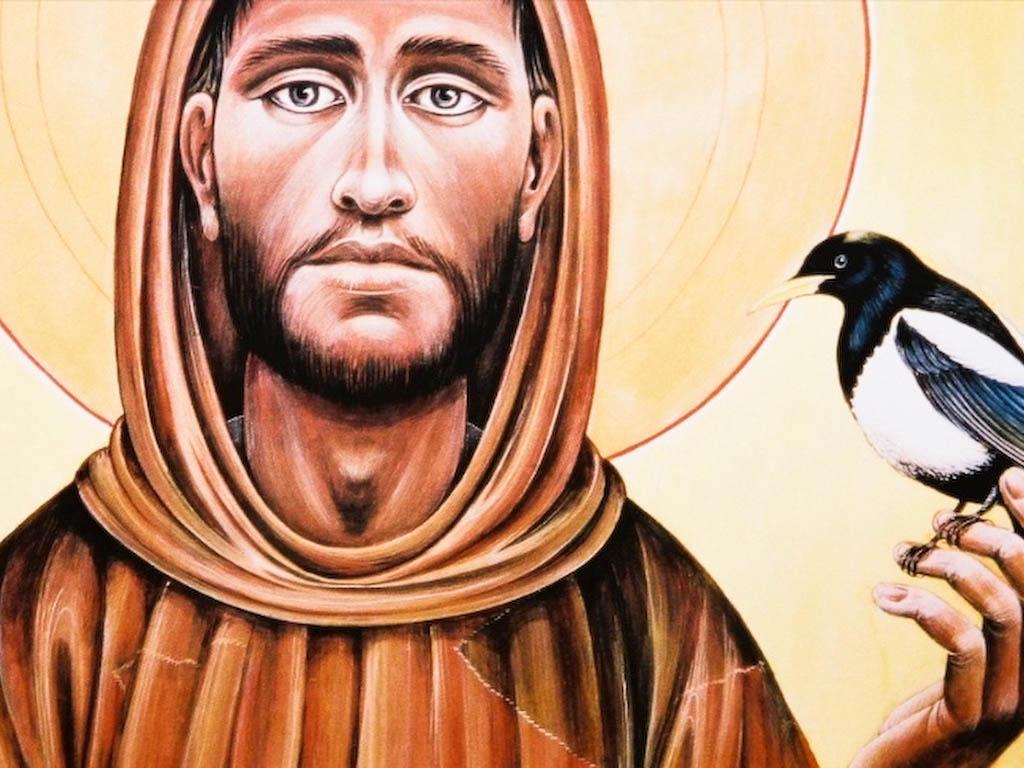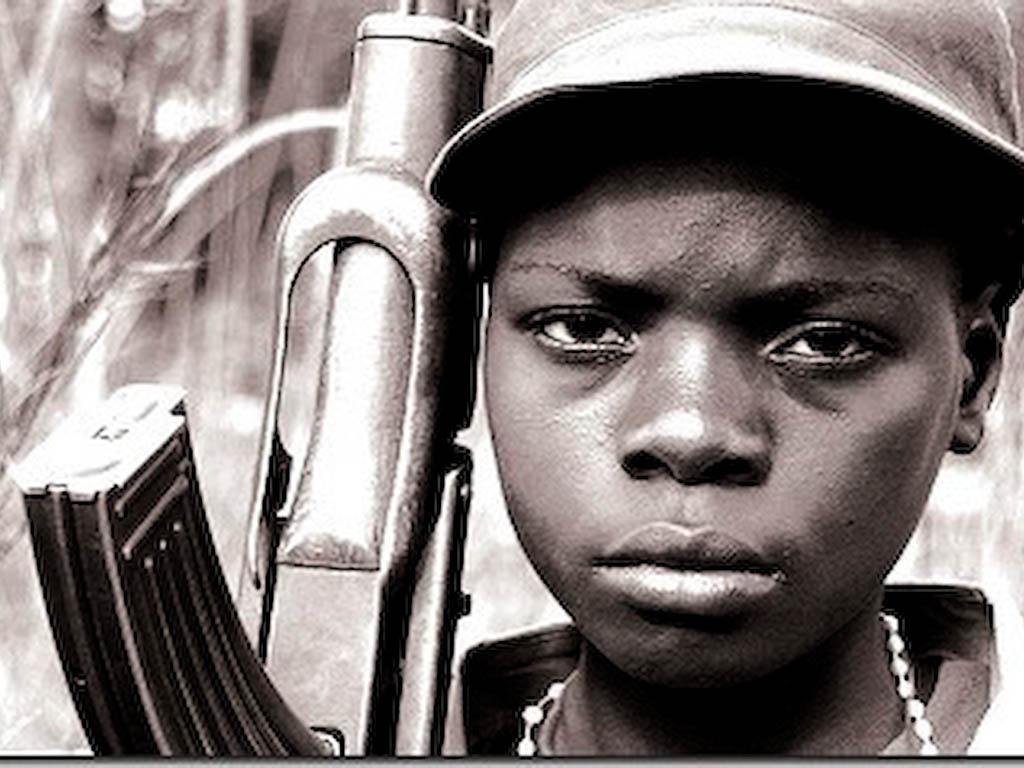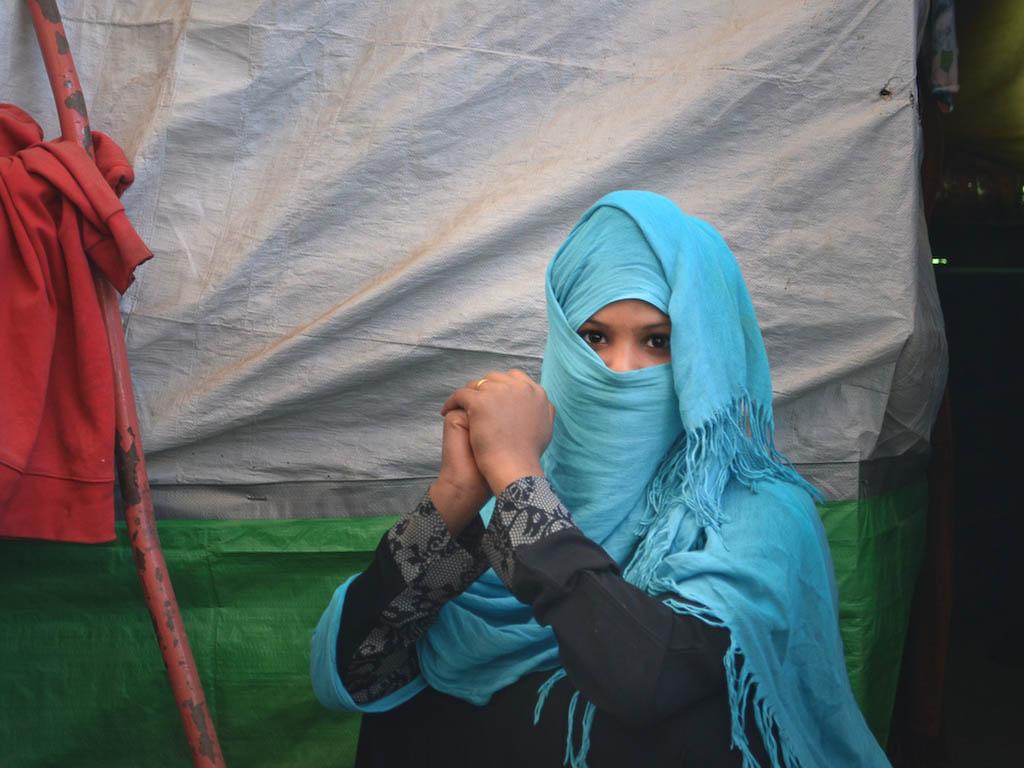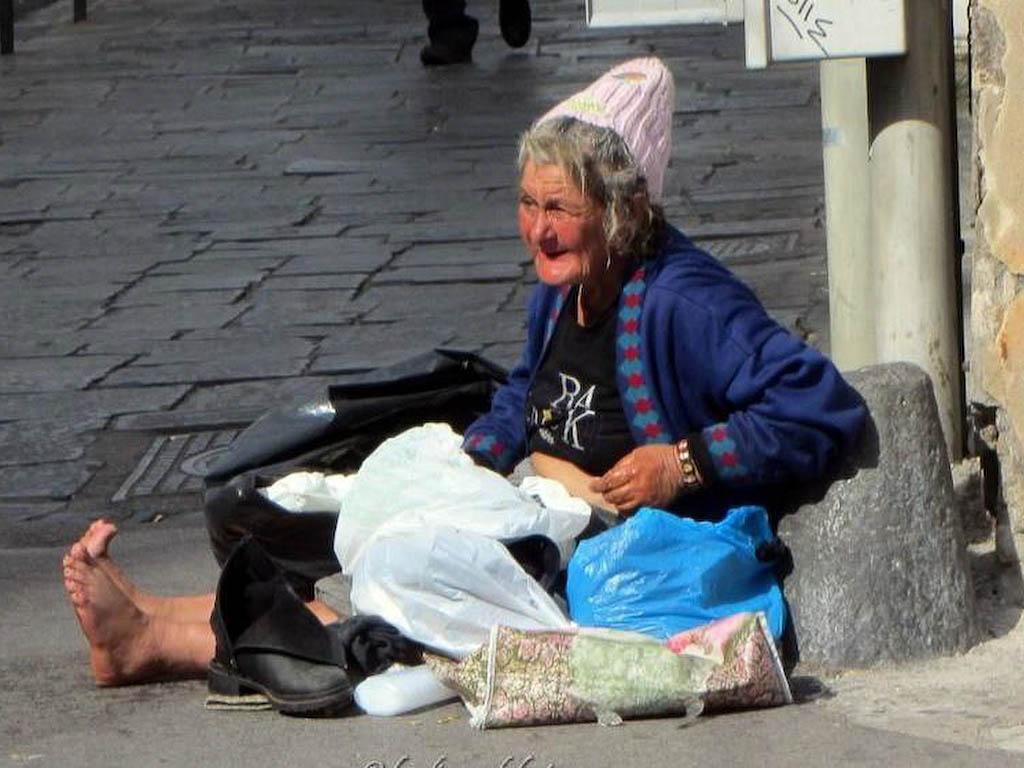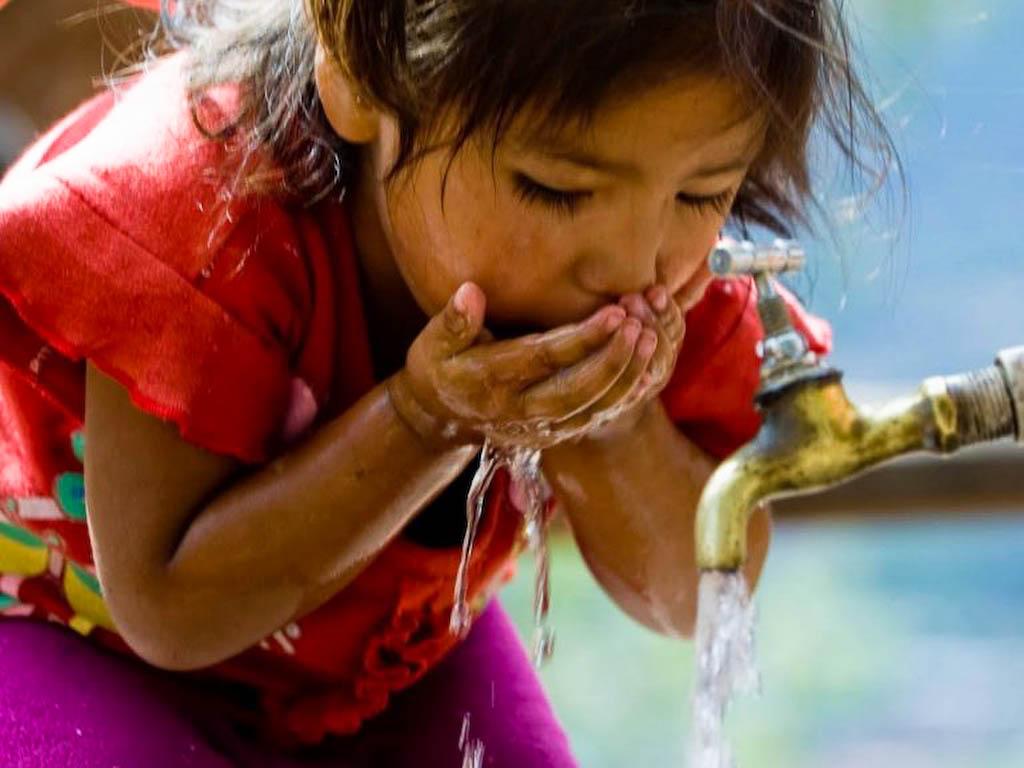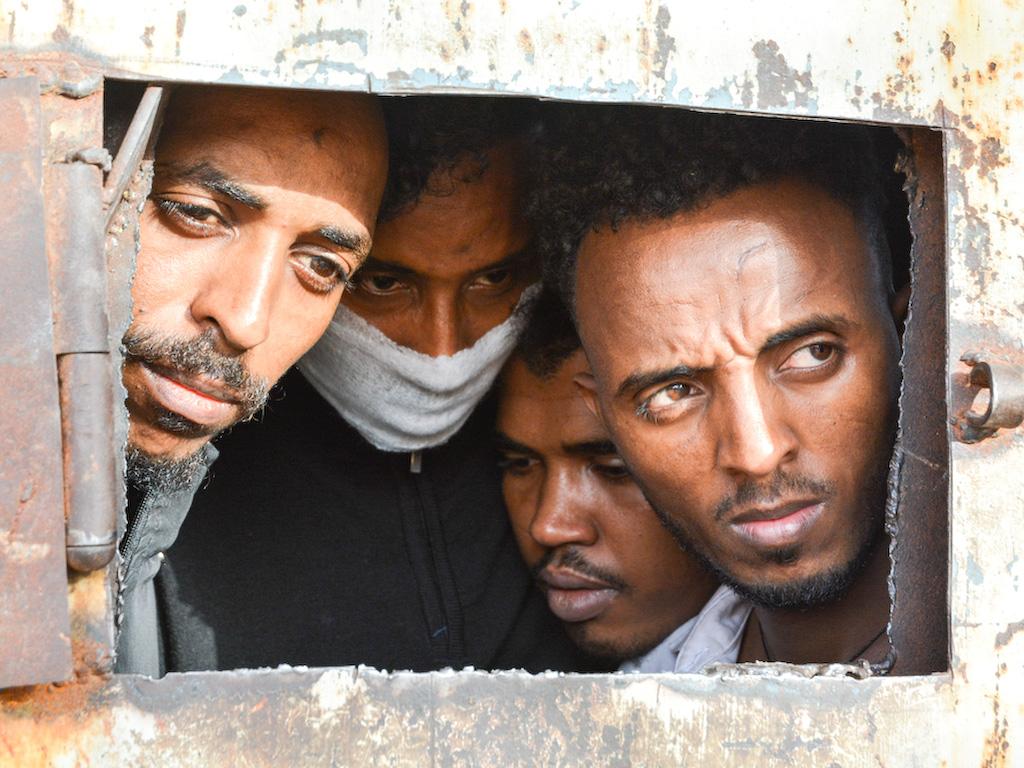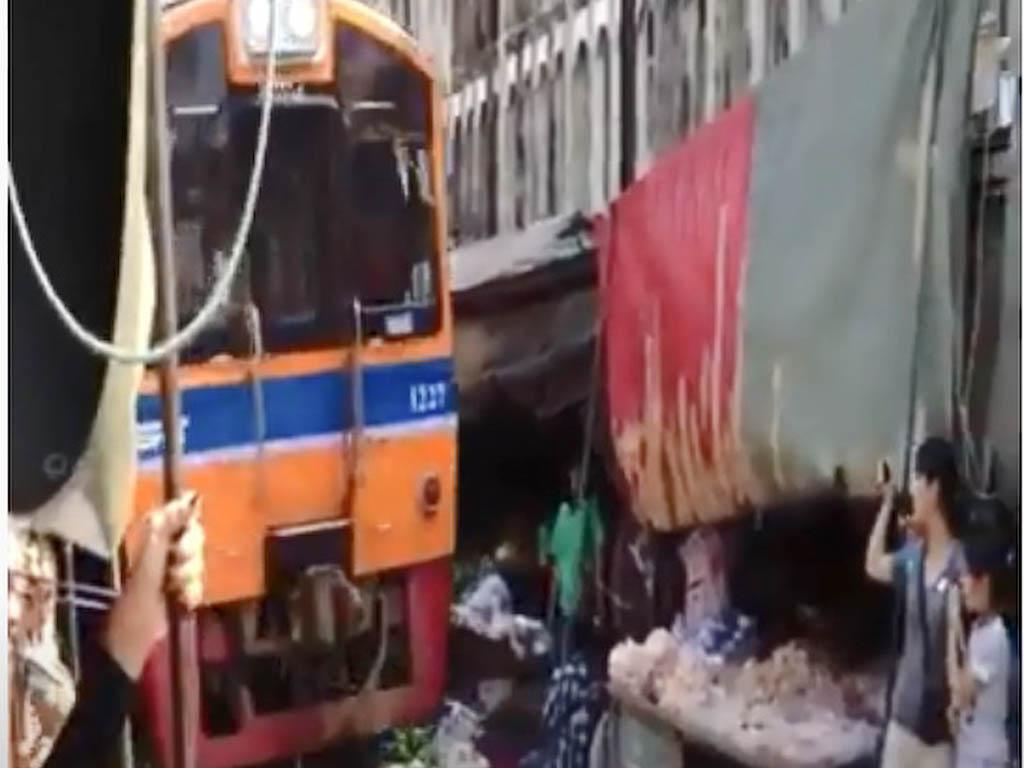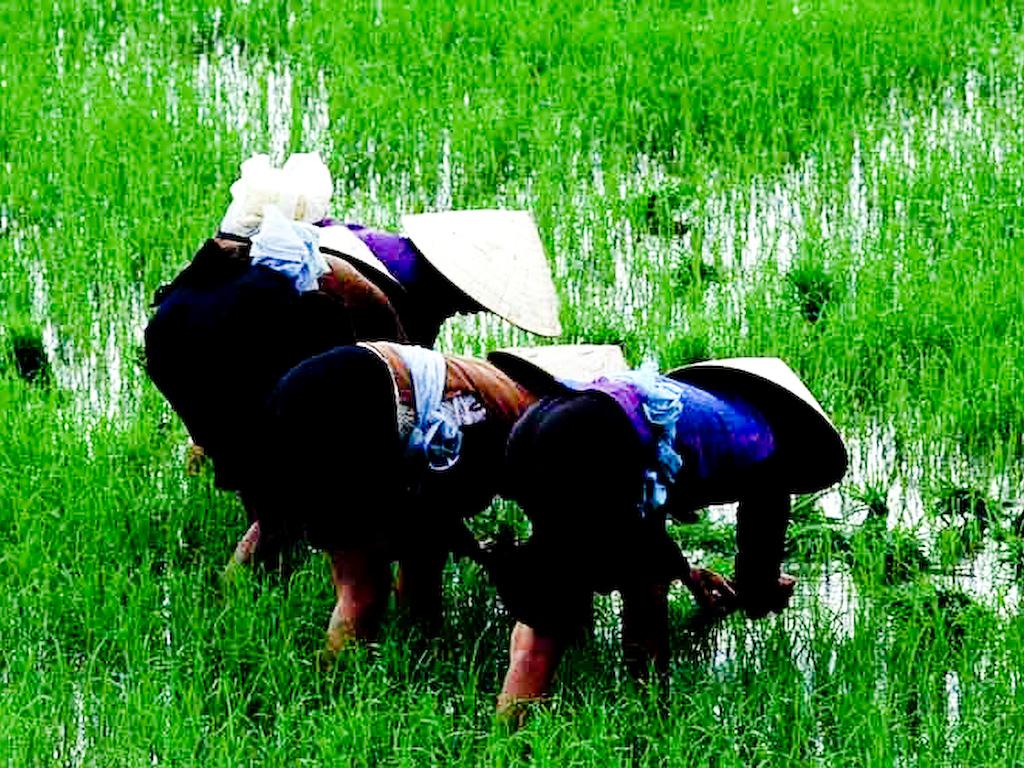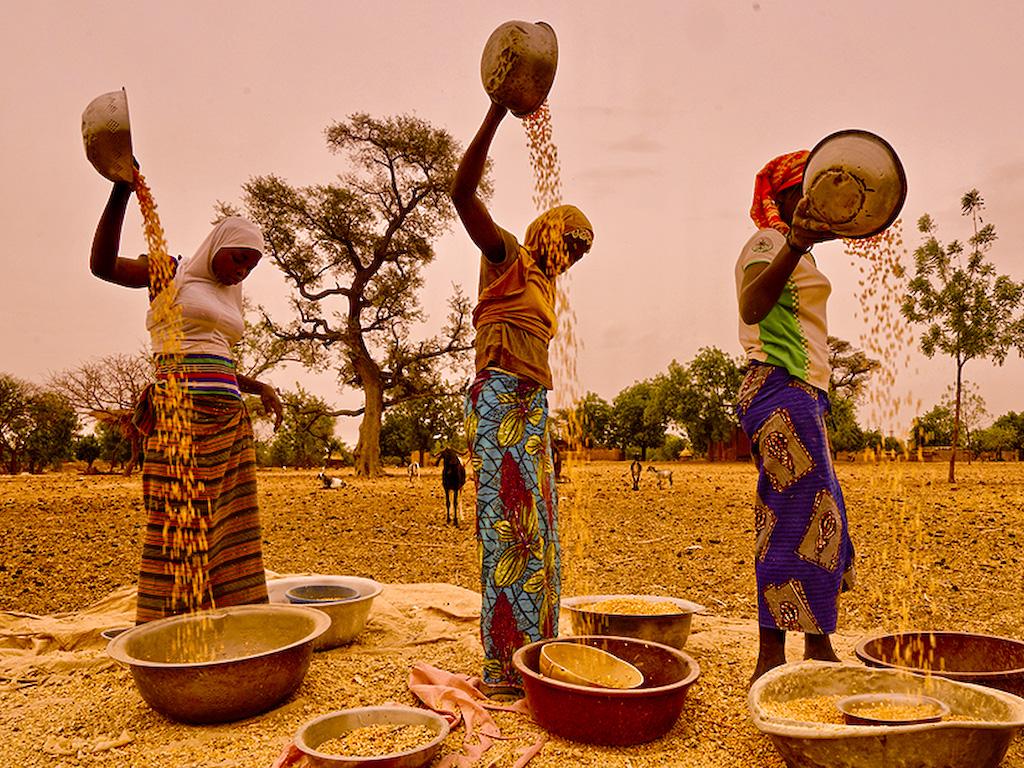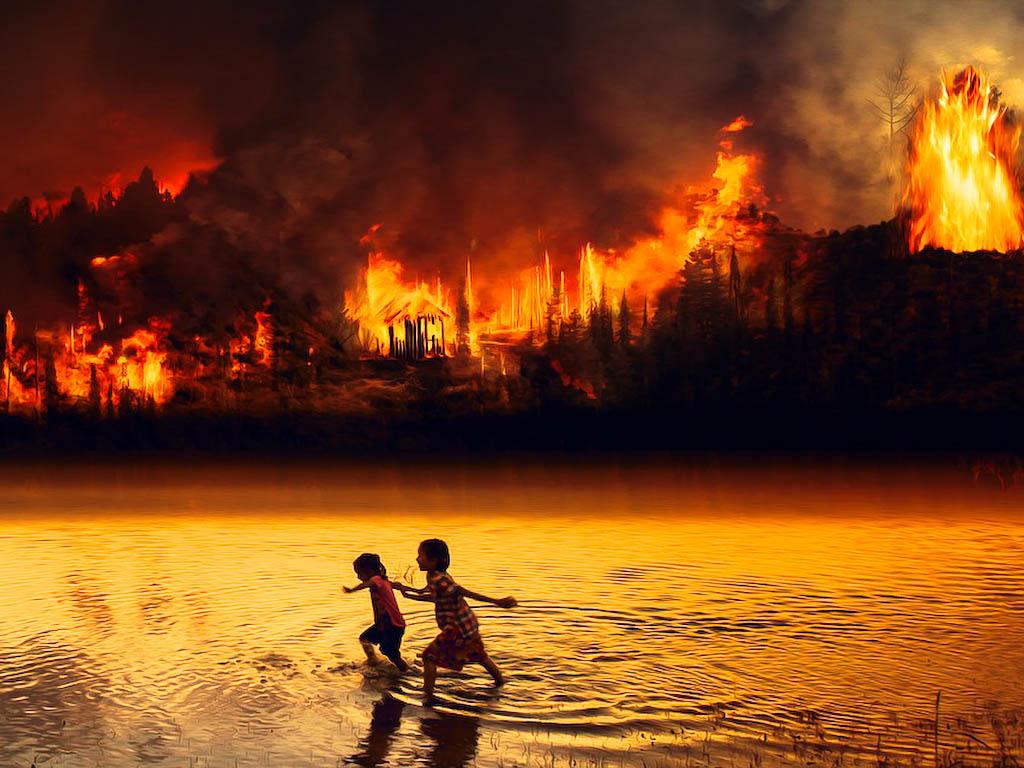Jpic News from John Paul Blog - Vol. 8 - N 11
|
THE NEWS OF THE MONTH
The poor and Fratelli tutti"What are the great ideals but also the tangible ways to advance, for those who wish to build a more just and fraternal world in their ordinary relationships, in social life, politics and institutions?", asks Isabella Piro in her article for Vatican News “Fratelli tutti”: short summary of Pope Francis's Social Encyclical. This is mainly question that Fratelli tutti is intended to answer. The Encyclical aims to promote a universal aspiration toward fraternity and social friendship. “No one can face life in isolation”; the time has come to “dream, then, as a single human family” in which we are all “brothers and sisters”, says the Pope (n.8). Fratelli tutti, hence, proclaims that love is "the kind of attention that brings a broken and bleeding world back to health," commented Anna Rowlands, during the ceremony of the encyclical presentation. She was not the only one to praise Pope Francis for this message of concord in the midst of discord. "As a young Muslim scholar of Shari'a, Islam and its sciences, I find myself - with much love and enthusiasm - in agreement with the Pope. All his proposals put forward in a spirit of concern for the rebirth of human fraternity,” said Judge Mohamed Mahmoud Abdel Salam. “The Encyclical shows us that we are all guardians of peace," (Andrea Riccardi), actually the it calls “Religions at the Service of Fraternity in Our World" saying, "The effort to seek God with a sincere heart, provided it is never sullied by ideological or self-serving aims, helps us recognize one another as travelling companions, truly brothers and sisters"(Chapter 8). The encyclical, however, is a social meditation on the Good Samaritan and we should read it in the context of the central concern of Pope Francis for the poor and the Christian journey of their commitment for them. While the concern of social justice, in the Catholic Church started with Pope Leon XIII, the centrality of the poor came back during the Second Vatican Council (VC2) and was shaped through some specific signs. Three weeks before the closing of the VC2, in the Catacombs of Domitilla, near Rome, 42 bishops signed a commitment called The Pact of the Catacombs pledging to live like the poorest of their parishioners. A few days after, Pope Paul the Sixth, entered on foot in St. Peter's Basilica renouncing the gestatorial chair and during the ceremony laid on the altar the tiara, a crown that claimed representing the Pope’s threefold authority. Father Pedro Arrupe, the superior general of the Jesuits at that time, in 1968 framed the phrase preferential option for the poor that later was picked up by the Catholic bishops of Latin America, and was to be fully embraced by the Theology of Liberation. Go on reading | |
|
THE GOOD NEWS
Sudan, hope for peaceThe Sudanese transitional government and rebel leaders signed a peace agreement Saturday, October 3, 2020, in Juba, capital of neighboring South Sudan, , which should end seventeen years of deadly war. Diplomats from Chad, Qatari, Egypt, the African Union and the United Nations also participated in the ceremony. The authorities in Khartoum, a hybrid power of soldiers and civilians set up after a popular revolt that ended, in April 2019, the thirty years of Omar Al-Bashir's dictatorship, have made peace with the rebels their priority. Under Al-Bashir, ethnic minority rebels saw themselves as marginalized in a country facing a severe economic crisis, especially after the loss of three quarters of its oil reserves since South Sudan gained independence in 2011. The agreement is made up of eight protocols dealing with land ownership, transitional justice, reparations and compensation, the development of the nomadic and pastoral sector, the sharing of wealth and power, and the return of refugees and displaced persons. It stipulates that the armed movements will have to be dismantled and that their fighters will have to join the regular army, which will be reorganized to be representative of all components of the Sudanese people. These protocols were initialed in early September by the transitional government and certain rebel groups. Two factions - that of Abdelaziz Al-Hilu and that of Abdel Wahid Al-Nour, historic leader of the Sudan Liberation Army - were unwilling to sign them at the time (Sudanese government, rebel groups sign peace deal). On the other hand, the information is amplified by Sudan Tribune, which, on September 29, 2020 wrote in particular, “The Sudanese army on Tuesday launched the destruction of 300,000 illegal firearms collected during disarmament campaigns in the country over the past years.” | |
|
THE WORST NEWS
Two Unseen pandemic threatsChild marriage and female genital mutilation (FGM). "Every year, around 12 million girls are married, 2 million before their 15th birthday," says Inger Ashing, CEO of Save the Children International . And adds, "Half a million more girls are now at risk of this gender-based violence this year alone, and these only are the ones we know about. We believe this is the tip of the iceberg." Girls affected by humanitarian crises, such as wars, floods and earthquakes, face the greatest risk of child marriage, Save the Children International said in a press release. Before the pandemic, data showed child marriage was increasing among refugee populations. In Lebanon, child marriage among Syrian refugee girls rose by 7% between 2017 and 2018. Now, "The pandemic means more families are being pushed into poverty, forcing many girls to work to support their families, to go without food, to become the main caregivers for sick family members, and to drop out of school, with far less of a chance than boys of ever returning," states Inger Ashing. But that’s not all. The coronavirus pandemic is reversing progress on ending child marriage and also of female genital mutilation (FGM), jeopardising the futures of millions of girls. “The pandemic both makes our job harder and more urgent as so many more girls are now at risk,” says Natalia Kanem, head of the United Nations’ sexual and reproductive health agency, UNFPA. Two million more could undergo FGM in the next decade, beyond what would have been expected, as COVID-19 disrupts global efforts to end both practices, according to UNFPA. Go on reading | |
|
CELEBRATING!
Stretch forth your hand to the poorThe 4th World Day of the Poor is celebrated on 15 November 2020. In his message for this day, Pope Francis urges once again to listen to "the silent cry of the many poor" and praises the "outstretched hands" of the often invisible "saints of next door" that emerged during the pandemic. No, instead, to those who keep "their hands in their pockets" and the "outstretched hands" of those who act in the name of cynicism and the globalization of indifference. The UN agenda, which sets the Sustainable Development Goals, states that "Poverty is not just an economic issue, but rather a multidimensional phenomenon that includes both lack of income and the basic skills to live in dignity". Hence, "Acting together to achieve social and environmental justice for all" are two intertwined commitments and "while progress has been made in addressing income poverty, less success has been achieved in addressing the other important dimensions of poverty, including the impact of the rapidly growing environment ”. Pope Francis, placing to his message the title inspired by Sir 7:32 “Stretch forth your hand to the poor” recalls that "Age-old wisdom has proposed these words as a sacred rule to be followed in life. Today these words remain as timely as ever. They help us fix our gaze on what is essential and overcome the barriers of indifference. Poverty always appears in a variety of guises, and calls for attention to each particular situation. In all of these, we have an opportunity to encounter the Lord Jesus, who has revealed himself as present in the least of his brothers and sisters (cf. Mt 25:40)." Read here the entire Message of Pope Francis | |
|
TAKE ACTION NOW!
Water security for allThe right of all people to safe drinking water and sanitation was recognized by the UN General Assembly in 2010. A group of experts initiated by the Coalition of Water (Coalition Eau) and the France Freedom Foundation (Fondation France Libertés) has worked for two years to make this right effective in France and for its integration into French law (Translated by Alissa D’Vale) This work resulted in a text both philosophical and legal that was presented for a bill to the French parliamentarians. In September 2013, the French National Assembly registered Bill No. 1375 aimed at the effective implementation of the human right to safe drinking water and sanitation in France. After months of discussions and work with different stakeholders, a new bill, No. 2715, was presented. On this basis, on March 23, 2020, the members of the Water Coalition and the France Freedom Foundation launched the Appeal for water security for all inhabitants of the Earth (Appel pour la sécurité hydrique de all habitants de la Terre), so that this right would be recognized for all. In particular, they write: “Water! Water! On our blue planet! But what water? For whom? In what moment? Under what conditions? These are vital questions for the future of humanity. The health disaster caused by coronavirus is at the center of today’s concerns. The climate crisis that has already begun will also have catastrophic planetary consequences for the most fragile inhabitants of the Earth. As part of the lessons to be learned from what is happening and what is to come, it is essential to ensure our collective security, which is seriously threatened by the growing scarcity of water, which is essential for all life. This is what leads us to propose the creation of a Citizen Council for Water Safety at all levels: local, regional, national, continental, and also global.” Go on reading | |
|
KNOWING THE SDGs
Six key points about the UN before its 75th anniversary (Part One)The second secretary general of the United Nations (UN), the Swedish: Dag Hammarskjöld, gives one of the best definitions of the organization since it started 75 years ago in San Francisco: “It has been said that the United Nations was not created in order to bring the society to heaven, but in order to save it from hell.” (Translated from Spanish by Alissa D’Vale) On June 26, 1945, when the Charter of the UN was signed at the San Francisco Conference, it didn’t take much gruesome imagination to think of the worst in human nature. The tragedy of the Second World War was able to open, almost completely, the gates of hell: genocide, weapons of mass destruction, systematic violations of human rights and a confirmation of the indiscriminate cost of modern warfare. In its 75th year of existence, the UN continues to sit between heaven and hell. Its anniversary coincides with enormous global problems within a changing international order. In fact, it could be argued that the coronavirus pandemic has managed to reopen the gates of hell to the point that the UN secretary general, Antonio Guterres, has warned that COVID-19 represents the greatest threat to humanity since World War II. For a long time, renegades of the international liberal order have insisted on questioning the relevance and viability of the UN, regardless of the fact that it was the result of an exceptional historical moment in which the United States and its allies tried to learn and rectify the traumatic lessons accumulated during the interwar period. Among other things, that international system built at San Francisco and at Bretton Woods represents the will to not stumble twice on the same stones of history; with a commendable effort in the search for collective security, stability of the international financial system, promotion of free trade, the promotion of solidarity between nations and the rehabilitation of the defeated. 1-. Underestimated importance Go on reading | |
|
KEEP HOPING
The train has whistledThe train has whistled is a section from “Novels for a year” by Luigi Pirandello – Italian author of vast international fame, notably for his 1934 Nobel Prize, but his fame comes mostly because his plays are staged by many companies all around the world. The story of the novel is simple: accountant Belluca seems to have gone mad, he insistently talks about a train that whistled. Everything had happened suddenly. He was a model employee, punctual, irreproachable, precise, submissive, but all of a sudden, he went crazy, he even rebelled against the office manager. No one had ever seen him like this. It must be said that his life was an impossible one: working in the office, and at home assisting three old and blind women (his wife, mother-in-law and mother-in-law’s sister), and the two widowed sisters with their seven children. He shared a cramped house and between them they had little money. He worked late at the night to increase his income, then, exhausted, he’d lay down on a crumbling sofa. And one night, on that sofa, he suddenly heard the whistle of a train, and he began to think about a trip to distant, exotic places, in cities he knew in his youth. The world, that world he had forgotten, entered his spirit and suddenly began to exist for him again. He realized that beyond that hideous house, there was the world! How will the people who see the train pass on the doorstep every day react? It forces them to withdraw and pull back the curtains that protect from the sun! It floods their goods and food, with smoke and dust, putting their lives, and that of their children and their pets at risk! Their train whistles every day. However, instead of awakening their minds and fantasies, it confuses them by blocking any reaction. Until when? It would be better if the authorities became aware of it. The “awakening” of these people will happen when they understand that there is another world beyond the horrible one in which they live, and it would not be limited only to an imaginary escape as that of accountant Belluca. That was a tale! (Translated from Italian by Alissa D’Vale) The train has whistled | |
|
WORTH THINKING ON
Alarming use of critical human antibiotics on cropsFarmers in parts of Asia are spraying antibiotics deemed “critical” for humans medicine on rice crops, raising fears they may be fuelling antibiotic resistance. A 32-country survey of agricultural advisers found that many are prescribing the common human antibiotics streptomycin and tetracycline for insect infestations, fungal diseases and as general protection, as well as for bacterial infections. In some years, nearly ten per cent of the management recommendations for rice in one region contained an antibiotic. | |
|
RESOURCES
Africa: Losing Billions Annually to Illegal Capital FlightIllicit financial flows (IFFs) are movements of money and assets across borders which are illegal in source, transfer or use, according to the report entitled “Tackling illicit financial flows for sustainable development in Africa.” It shows that these outflows are nearly as much as the combined total annual inflows of official development assistance, valued at bn, and yearly foreign direct investment, pegged at bn, received by African countries – the average for 2013 to 2015. “Illicit financial flows rob Africa and its people of their prospects, undermining transparency and accountability and eroding trust in African institutions,” said UNCTAD Secretary-General Mukhisa Kituyi. These outflows include illicit capital flight, tax and commercial practices like mis-invoicing of trade shipments and criminal activities such as illegal markets, corruption or theft. From 2000 to 2015, the total illicit capital flight from Africa amounted to 6bn. Compared to Africa’s total external debt stock of 0 billion in 2018, this makes Africa a ‘net creditor to the world,’ the report says. IFFs related to the export of extractive commodities (bn in 2015) are the largest component of illicit capital flight from Africa. Although estimates of IFFs are large, they likely understate the problem and its impact. Go on reading | |
|
WITNESSING
Dominican nuns create their own climate solutions fundFive years ago Pope Francis published his encyclical “Laudato Si,” in which he called for environmental justice and fundamental social change in the face of global warming. To mark the occasion, in June 2020, the Vatican urges Catholics to take practical steps to fulfill this mission and has encouraged Catholics to divest from fossil fuel-based industries. In recent years, many faith-based organizations have made bold statements about climate justice being a key component of their faith and stewardship of Earth and her people. Bill McKibben, a long-time environmentalist, in September 2019 was quoted in The Washington Post: “The gospel call to love one’s neighbor is, in our time and place, most fully a call to do something about climate change, because at the moment, we’re drowning our neighbors, sickening our neighbors, making it impossible for our neighbors to grow food.” Answering to these calls, 16 congregations of US-based Dominican nuns began a collaboration with Morgan Stanley to create a 0 million “climate solutions fund.” In a press release, the bank called the fund a “first of its kind collaboration, to find investment solutions which focus on climate change and aiding marginalized communities that are disproportionately impacted by global warming.” Go on reading |

- Office P.O. Box 138 - Montclair NJ 07042 0138 US
- Please, share your suggestions, opinions, doubts and ideas writing to pezzijp@hotmail.com
- You can subscribe also by writing to pezzijp@hotmail.com
- For all back issues www.combonimissionaries.org - www.comboni.org
- Copyright © www.jpic-jp.org

